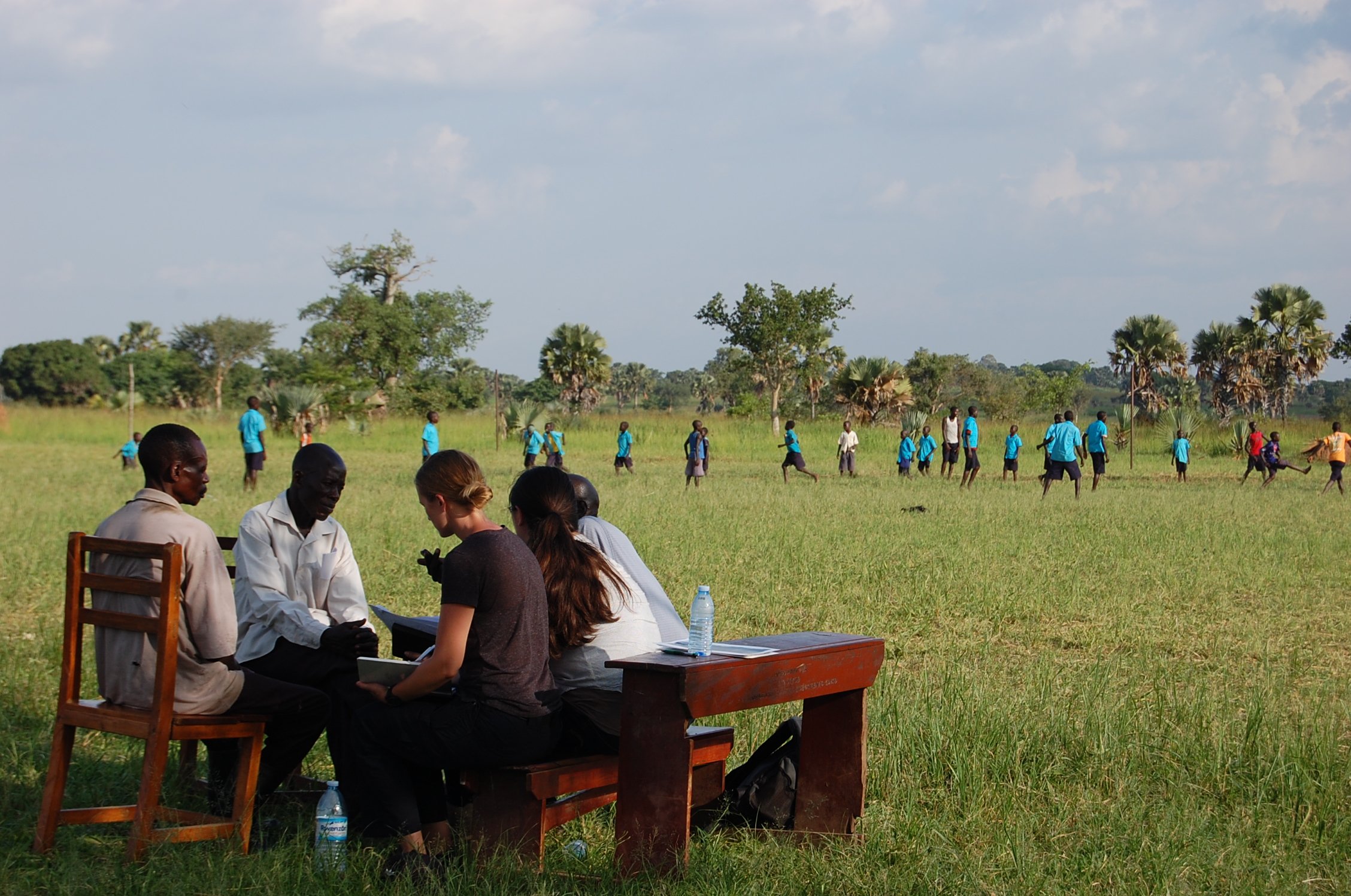Dr. Jaymelee Kim is a board certified forensic anthropologist, registered professional archaeologist, and an Assistant Professor of Anthropology at Wayne State University, a research institution in the heart of Detroit. Dr. Kim is broadly trained in and has experience in cultural, archaeological, linguistic, and biological anthropology research. Her work is applied — or used to address real world problems — through analyzing, improving, and co-developing justice and forensic intervention in the aftermath of violence, disasters, and historic abuses. Her areas of expertise are forensic anthropology, political and legal anthropology, human anatomy, thanatology, alternative justice, and human rights. Theories such as structural violence, settler colonialism, or critical human rights inform her survivor-centered research in the US, Canada, and African Great Lakes region. Much of her writing focuses on the expansion, reimagining, and future directions of forensic anthropology that draws on archaeological, biological, and cultural anthropology.
With experience in human remains excavation and analysis spanning over eighteen years, Dr. Kim has worked for multiple forensic organizations, including the University of Tennessee Forensic Anthropology Center, or Body Farm; the Knox County Medical Examiner’s Office; and the Knox County Regional Forensic Center. Currently, Dr. Kim consults as a forensic anthropologist primarily for the Wayne County Medical Examiner’s Office in southern Michigan. She also assists the Detroit Police Department and FBI with Operation UNITED, a grassroots initiative to identify cold cases and the Office of Army Cemeteries with the Carlisle Industrial School Disinterment Project.
Publications
These works draw on various research projects the authors conduct, predominantly in the Acholi region of northern Uganda regarding the relationships between the living and the dead, dynamics of power, and forensic intervention.
Kim, J.J. (2018). An alternative approach to forensic anthropology: Findings from Northern Uganda. African Conflict and Peacebuilding Review, 8(1): 29–53. https://doi.org/10.2979/africonfpeacrevi.8.1.02.
Kim, J., and Hepner, T. R. (2019). Of Justice and the Grave: The Role of the Dead in Post-conflict Uganda. International Criminal Law Review 19(5): 819-843. Available From: Brill https://doi.org/10.1163/15718123-01905004
Elgerud, L. M. M. K. and Kim, J. J. (2020). Mapping the intangible: forensic human rights documentation in post-conflict Uganda. The International Journal of Human Rights, 25(4): 594–615. doi: 10.1080/13642987.2020.1783534.
Kim, J.J. and Rosenblatt, A. (2023). Whose humanitarianism, whose forensic anthropology? In Anthropology of Violent Death, edited by R.C. Parra and D.H. Ubelaker. https://doi.org/10.1002/9781119806394.ch9
These select publications are part of collaborative research in the field of US-specific forensic anthropology that applies structural violence, structural vulnerability, and human rights frameworks when considering analysis of human remains.
Moore, M.K. and Kim, J.J. (2022). The role of forensic anthropology in documenting the osteology of poverty and structural violence in Detroit, MI in the twenty-first century. In The Marginalized in Death: A Forensic Anthropology of Intersectional Identity in the Modern Era, vol. 203. Rowman & Littlefield.
Kim, J.J. and Friedlander, H. (2023). If you see something, say something: Structural vulnerability data and reporting in forensic anthropology casework. Forensic Science International: Synergy, 6, 100328. https://doi.org/10.1016/j.fsisyn.2023.100328.
Kim, J.J., Winburn, A.P., Moore, M.K. and Scott, H., 2023. Adapting forensic case reporting to account for marginalization and vulnerability. Forensic Science International: Synergy, 7, 100436. https://doi.org/10.1016/j.fsisyn.2023.100436.
Image one - 2024 Group Interview with Patiko Kal Clan 2; Image 2 - 2017 Group Interview in Acholiland (Uganda)


